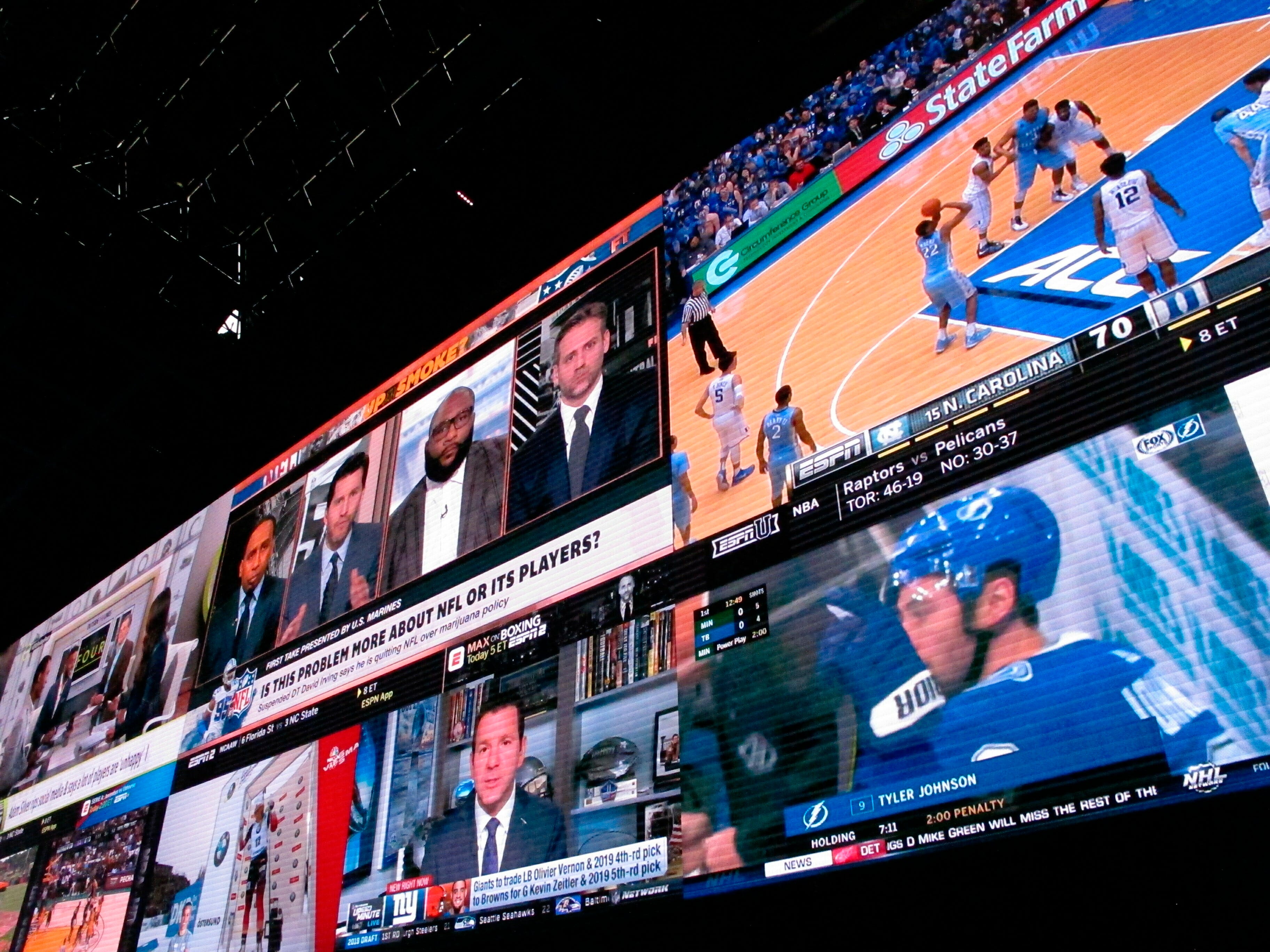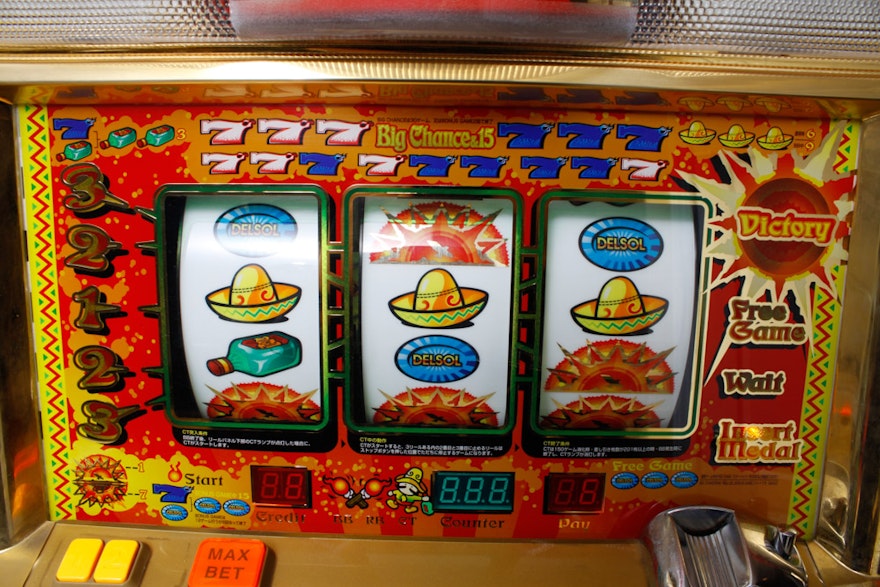Hot Topics
The offices of the Indiana Gaming Commission are open to the public via appointment only. You may request an appointment by phone, 317-233-0046, or visit our Contact Us page. For questions or appointments related to charitable gaming, please visit the Charity Gaming Division page.
In the United States, gambling is restricted almost everywhere, except in Las Vegas and in Atlantic City, New Jersey. If you do not know this and unwittingly participated in a gambling scheme that turned out to be illegal, you can still be charged with a gambling crime and may be slapped with significant penalties that may result in some serious repercussions. Gambling in the United States is legally restricted. In 2008, gambling activities generated gross revenues (the difference between the total amounts wagered minus the funds or 'winnings' returned to the players) of $92.27 billion in the United States.
Working within Governor Holcomb’s Roadmap to Safely Reopen Indiana, Indiana’s commercial casino properties are permitted to reopen beginning at 6 a.m. on Monday, June 15, 2020. Local governments may impose more restrictive guidelines. Please contact individual casinos for specific opening times and plans.
- View employment opportunities with the Indiana Gaming Commission
The Gaming Commission is currently not hiring Enforcement Agents. However, please feel free to submit your resume to IGCRecruiting@igc.IN.gov. Your resume will be kept on file and you will be contacted once recruitment of the next Gaming Agent hiring process begins. Thank you.
Note: The residency requirement for gaming enforcement agents has been lifted and you are no longer required to live in Indiana. - 11-16-2017 - Commission releases 'FINAL' Disparity Study.
- The Indiana Gaming Commission is proposing new and amended rules
The Gaming Commission now has a toll free illegal gambling tip line. If you have any information related to illegal gambling, please call 1-866-610-8477.
Online Services
In decades past, gambling used to be a crime almost everywhere other than Las Vegas, Nevada and Atlantic City, New Jersey. Today, more and more states have legalized various types of gambling, ranging from Indian casinos to poker rooms and horse racing tracks. While some states have legalized certain types of gambling, other types of gambling are still illegal. All states have laws that prohibit at least some type of gambling.
Gambling is sometimes referred to as “gaming.” Depending on the language of state laws, gambling and gaming can mean different things or the two terms can be used synonymously. “Gaming” typically refers to playing games for wagers, such as craps, card games, slot machines, and roulette. “Gambling” may refer to these same types of games, but it also includes other types of activity such as sports wagers.

Gambling is defined in numerous ways, but requires betting or wagering on an outcome that is at least partially based on chance, and done so in order to win something. Illegal gambling is any type of gambling that is specifically prohibited by state law.
Gambling Involves a Bet
While most instances of gambling occur when someone bets money, courts have ruled that gambling can occur whenever a bet is made using anything of value. The item of value is sometimes known as “consideration,” and can encompass anything that has any worth. The amount of the bet doesn't matter, and as long as the property that's at stake in the game is worth some value, the game is gambling.
'Games of Chance'

State gambling laws outlaw games, bets, or wagers that are at least partially dependent on some element of chance. If a game or competition that gives prizes to winners is based on skill, such as a car race or a shooting competition, it is not considered gambling. (However, other laws or restrictions may apply in order to make such competitions legal.)
What differentiates a game of skill from a game of chance is usually determined by which of the two elements has the greatest impact on the outcome. If chance is the biggest factor, the game is one of chance, and making bets or wagers on such games is gambling. Courts have ruled that in games that involve both skill and chance, and where a small group of skilled experts routinely win, this does not necessarily make the game one of skill. In determining what defines a game of skill or chance, courts often judge the game on the average player. If the average player's chances are dominated by chance, the law considers it a game of chance.
A Chance of Winning
If you don't have any chance of winning something of value, you're not gambling. Gambling requires that there is a chance you might win something for your bet, whether it's money, property, or even more chances to play. Further, courts have ruled that you personally don't need to have placed any wager to be convicted of gambling. As long as a group of people have a chance to win something and at least some of them have made a wager, you can be convicted of gambling if you are part of the group and stand a chance at winning.
Prohibition Against Making a Profit
Those who win at gambling have obviously made some money. But aside from the players, what about the businesses who run or operate the gambling game or establishment?
Some state laws specifically allow for 'social gambling' while prohibiting gambling as a business. Business gambling occurs when a person or organization operates a gambling hall that collects fees or takes a portion of the amount the players bet. For example, a person who holds a 'casino night' party and charges an entry fee is engaged in an illegal activity in a state that prohibits business gambling or gambling for profit. So-called “social gambling,” where the players are all equals an no one is collecting fees or making a profit apart from the outcome of the game -- such as in a home poker game -- is often not considered illegal. However, even social gaming is illegal in some states.
Illegal Gambling In Indiana
Penalties
While all states criminalize gambling to some extent, they also have vastly different penalties associated with gambling crimes. The type of penalty someone faces after being convicted of illegal gambling largely depends upon the state and the circumstances of case, though sentences typically involve many of the same types of penalties. Gambling can be classified as either a misdemeanor offense or a felony, depending on the situation and state law.
Jail or Prison
Illegal Gambling In Anaheim
Anyone convicted of misdemeanor gambling faces up to a year in a county or local jail, though state laws differ widely. Some states impose small maximum jail sentences for misdemeanor gambling, such as 20 days in jail. Felony convictions, on the other hand, can bring a year or more in prison, and sometimes as much as 10 years, especially where organized, professional gambling is present.
Fines
Misdemeanor fines for gambling are quite common, and range from a few hundred dollars up to $1,000 or more. Felony gambling fines can be significant, sometimes as much as $20,000 or more. Fines can be separate from, or in addition to, jail or prison sentences.
Probation
Instead of, or in addition to jail time and fines, courts can impose probation sentences for gambling convictions. These probation periods usually last 12 months or more. When a court orders probation it tells you to do (or not do) certain things. For example, the court may order you to stop gambling or to participate in a gambling addiction treatment program. You'll also probably have to report to a probation officer and stay out of trouble with the law. If you don't live up to the probation conditions, the court can revoke your probation and send you to serve the original jail or prison sentence.
Speak to a Lawyer

Report Illegal Gambling In Indiana
Illegal gambling charges can impose significant penalties and can have a serious impact on your life, even if you aren't convicted. Anyone charged with a gambling crime needs to speak to a local criminal defense lawyer at the first opportunity. A good defense attorney will know the gambling laws in your state and have experience with the local prosecutors, judges, and court system. It's always in your best interests to speak to a local criminal defense attorney anytime you are charged with a gambling crime.